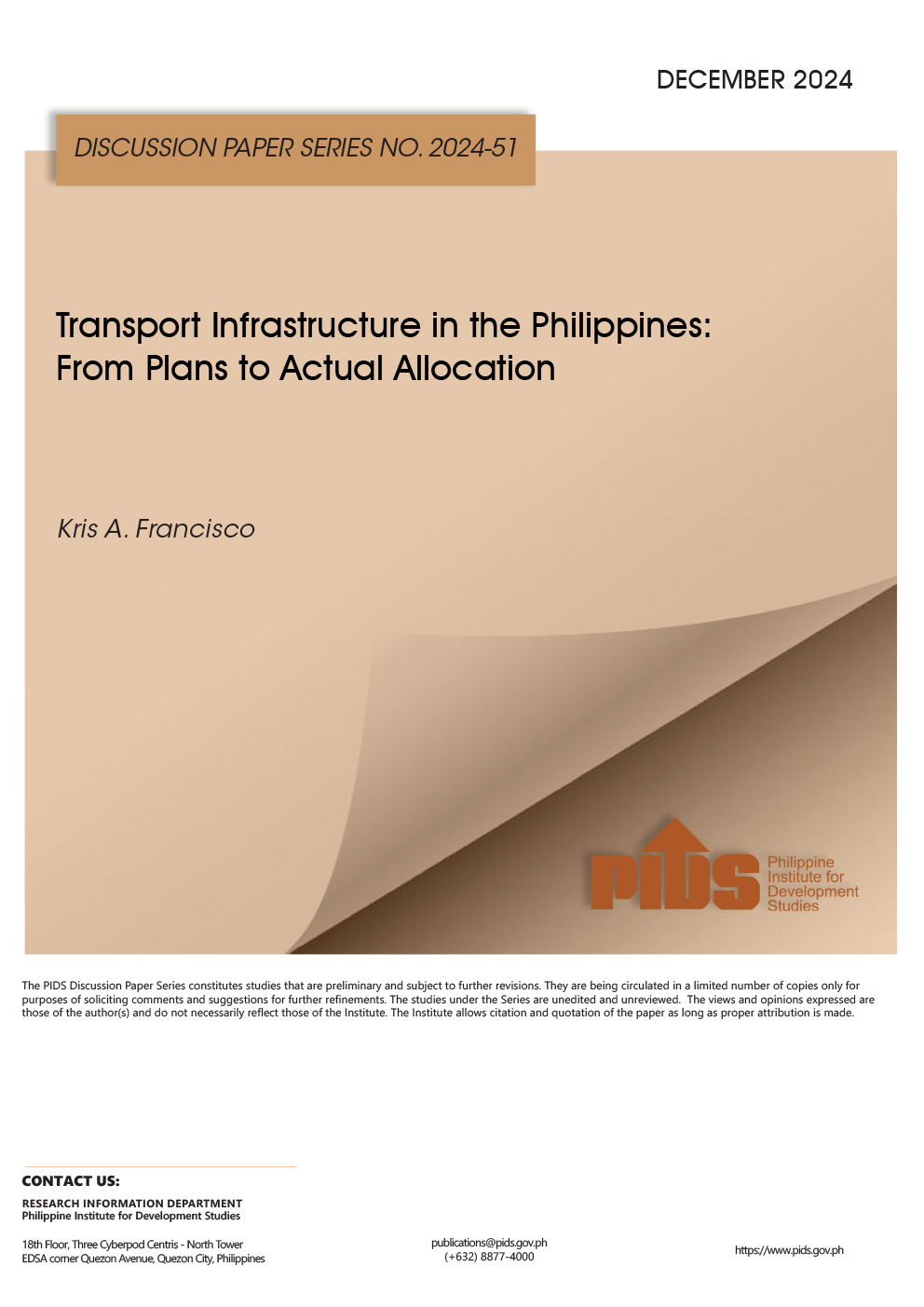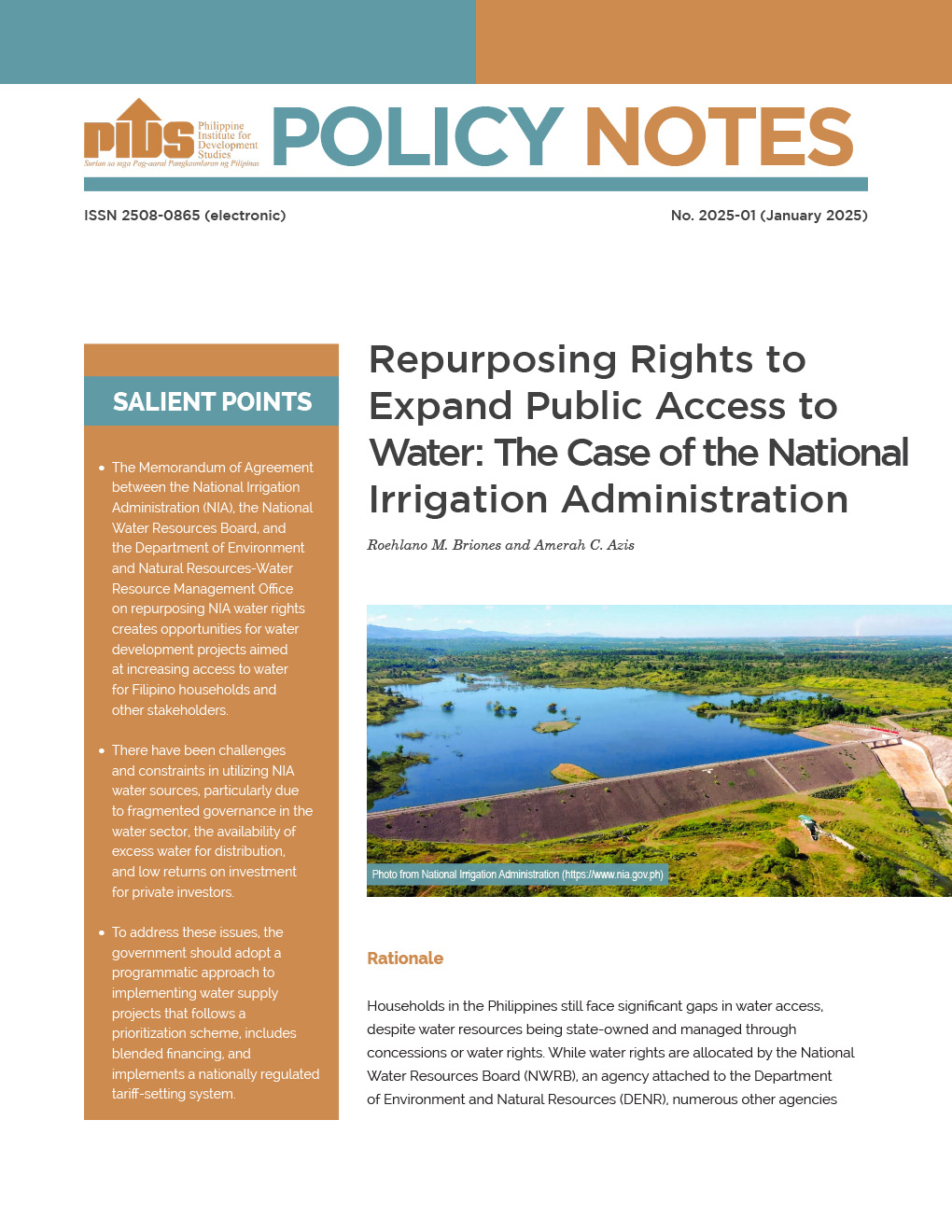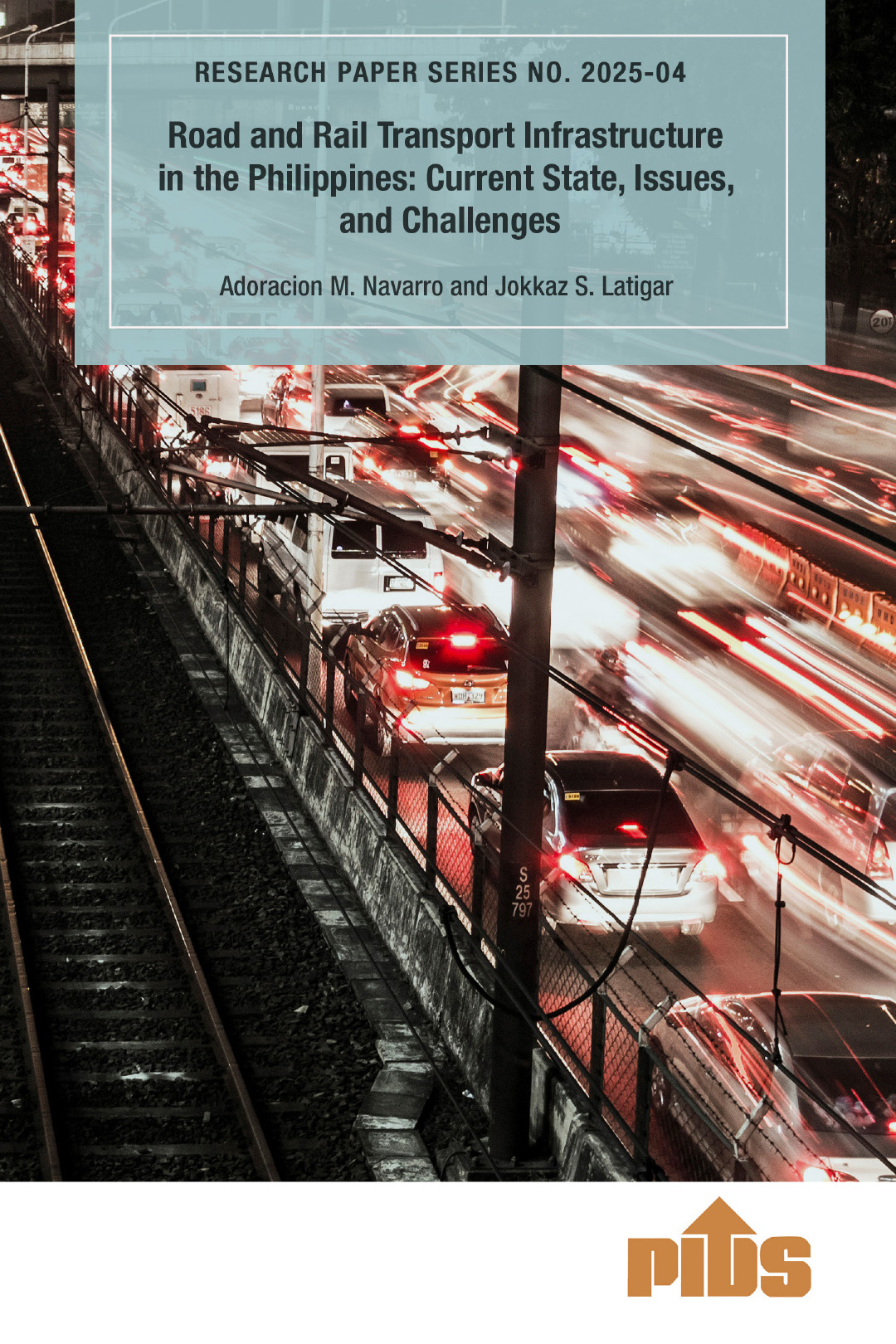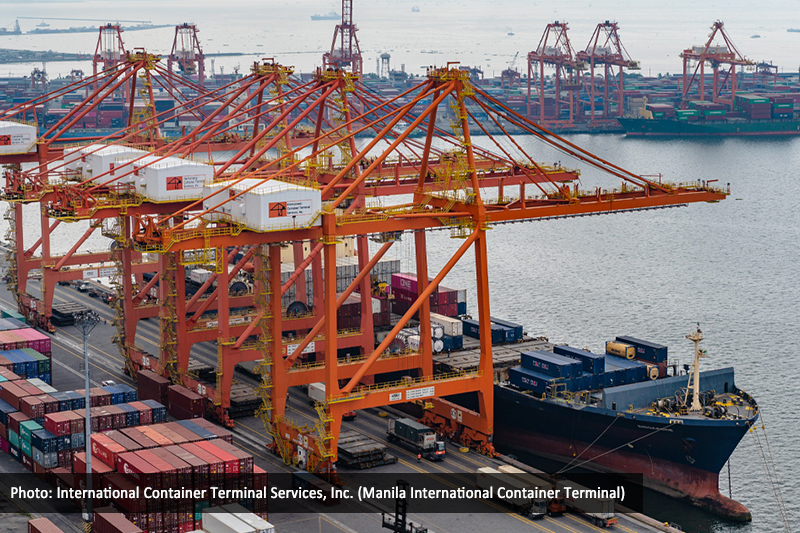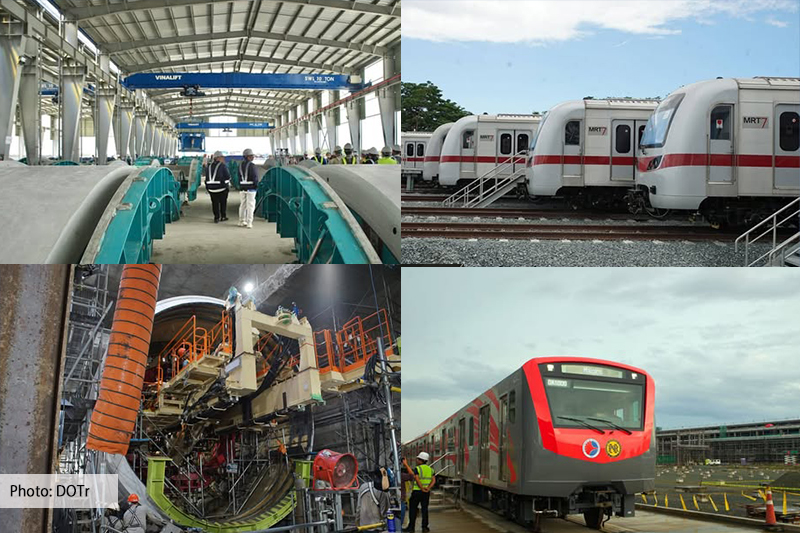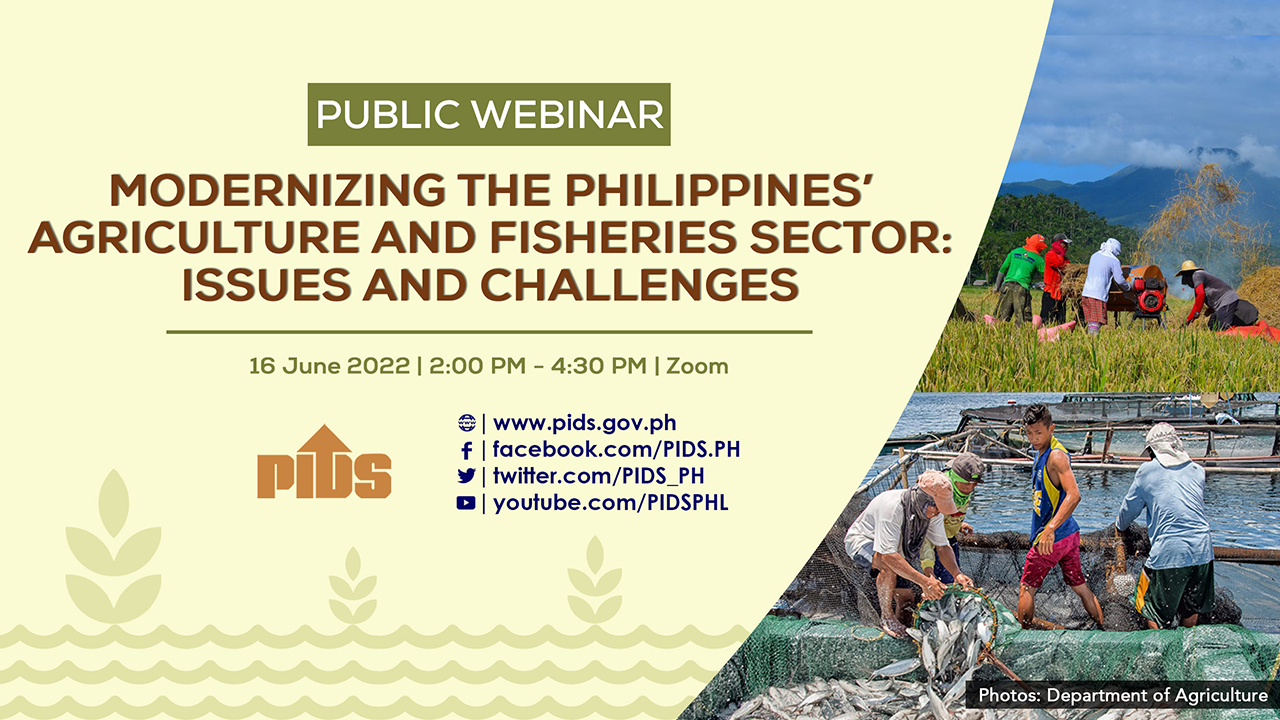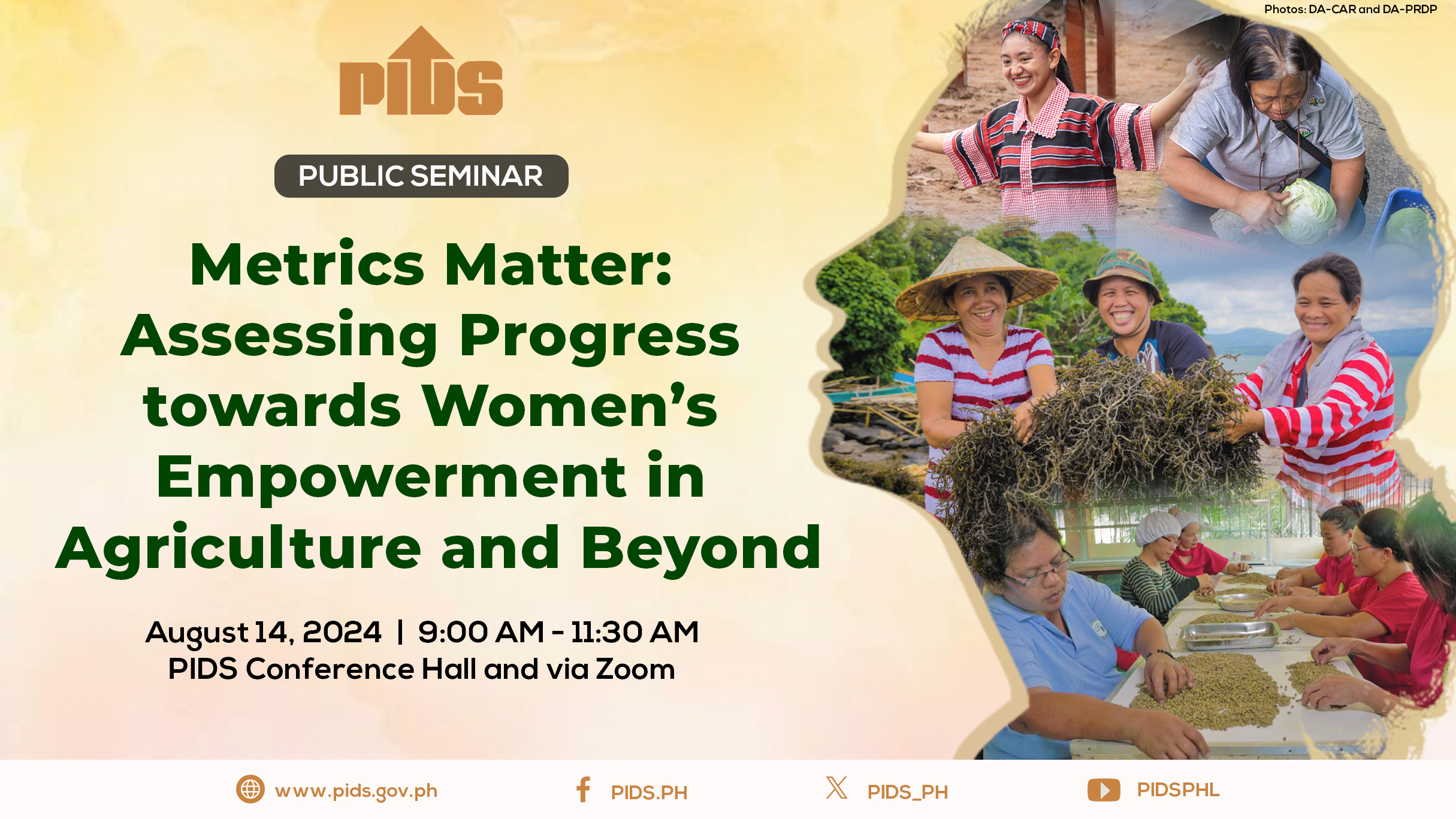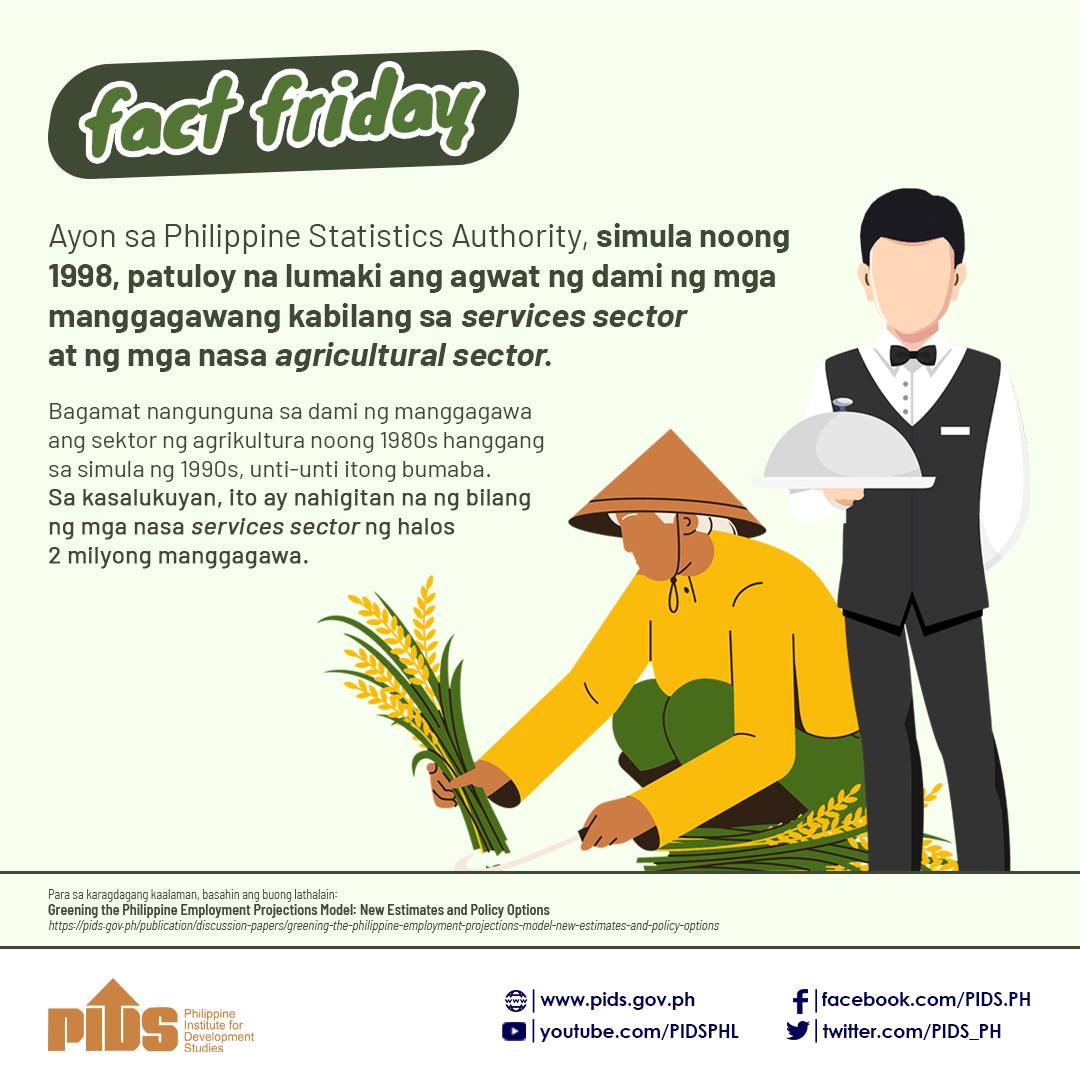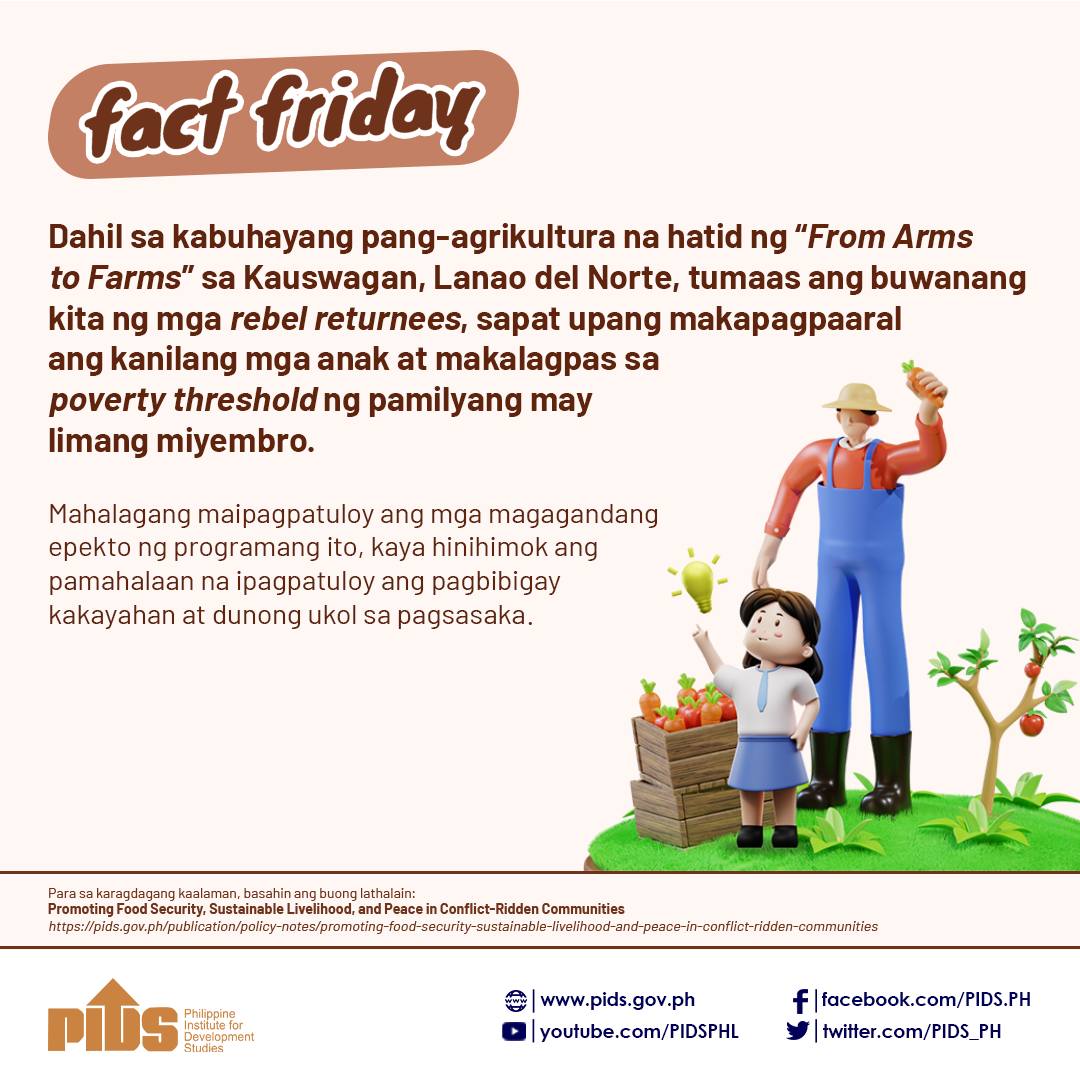LOS BAÑOS, Laguna: A non-profit organization established by the Southeast Asian Ministers of Education Organization has urged local government units (LGUs) to mainstream urban agriculture in response to the global pandemic.
Dr. Glenn Gregorio, Southeast Asian Regional Center for Graduate Study and Research in Agriculture (Searca) director, said institutionalizing urban agriculture in the Philippines as a response to the Covid-19 pandemic requires active leadership from the local government.
This was Gregorio's emphasis as a presenter in the recently held knowledge-sharing forum organized by the Philippine Institute for Development Studies and the Socioeconomic Research Portal for the Philippines Network.
In 2020, he co-authored a Searca paper that noted that disruptions in agricultural food systems would create supply and demand shocks on economic performance and food security locally and internationally.
Gregorio said the Covid-19 pandemic reduced the volume of agricultural production by 3.11 percent or 17.03 million tons because of a decline in agricultural farm labor affecting about 100.77 million people.
"This could translate to a 1.4 percent decline in the gross domestic product of Southeast Asia, equivalent to $3.76 billion," he noted.
Gregorio said there is a changing narrative on how people view food and how farmers produce food because of the pandemic on the local level.
He also noted that urban agriculture is a conscious response to pressing concerns on food security, climate resilience and the overall well-being of people amid urbanization and the increasing urban population.
Gregorio said the pandemic has underscored the connection between supply chains and consumption patterns, and the urgent need to redefine agricultural systems as food systems, as well as the local government's role in cultivating stakeholders with a transformative mindset, who are adept in understanding the growing complexity of social concerns and able to impact positive change now and in the future.
"There is a need to institutionalize urban agriculture in the local government, especially with the implementation of the Mandanas ruling, where the LGUs have more options and money to implement any project," Gregorio said.
"But before adopting the urban agriculture practices of other countries, the Philippines should consider its condition, financial resources, and politics," the Searca director added.
He said various designs of urban agriculture systems and support for innovation would be crucial to ensure compatibility, scalability and applicability to the conditions of the target adopters.
Gregorio said there are some notable urban agriculture programs and projects of the LGUs in the country that have been harnessed in response to the pandemic.
He said Santa Rosa in Laguna, where select village representatives have undergone a series of training on urban farming, implemented a pilot urban agriculture demonstration project to strengthen the city's climate change adaptation program while also promoting safe, nutritious and fresh produce.
The hydroponics of the Science City of Muñoz, Nueva Ecija, and the "Joy of Urban Farming" program of Quezon City are other LGU initiatives, Gregorio added.
Highlighting the importance of local leaders' involvement in promoting urban agriculture, he encouraged them to be creative and influence different partners to make this happen in mainstream agriculture and identify projects, programs and activities as priority strategies to get money from the LGUs under the local climate change adaptation program.
The Searca director also urged the LGUs to integrate it into their comprehensive land-use plans.

